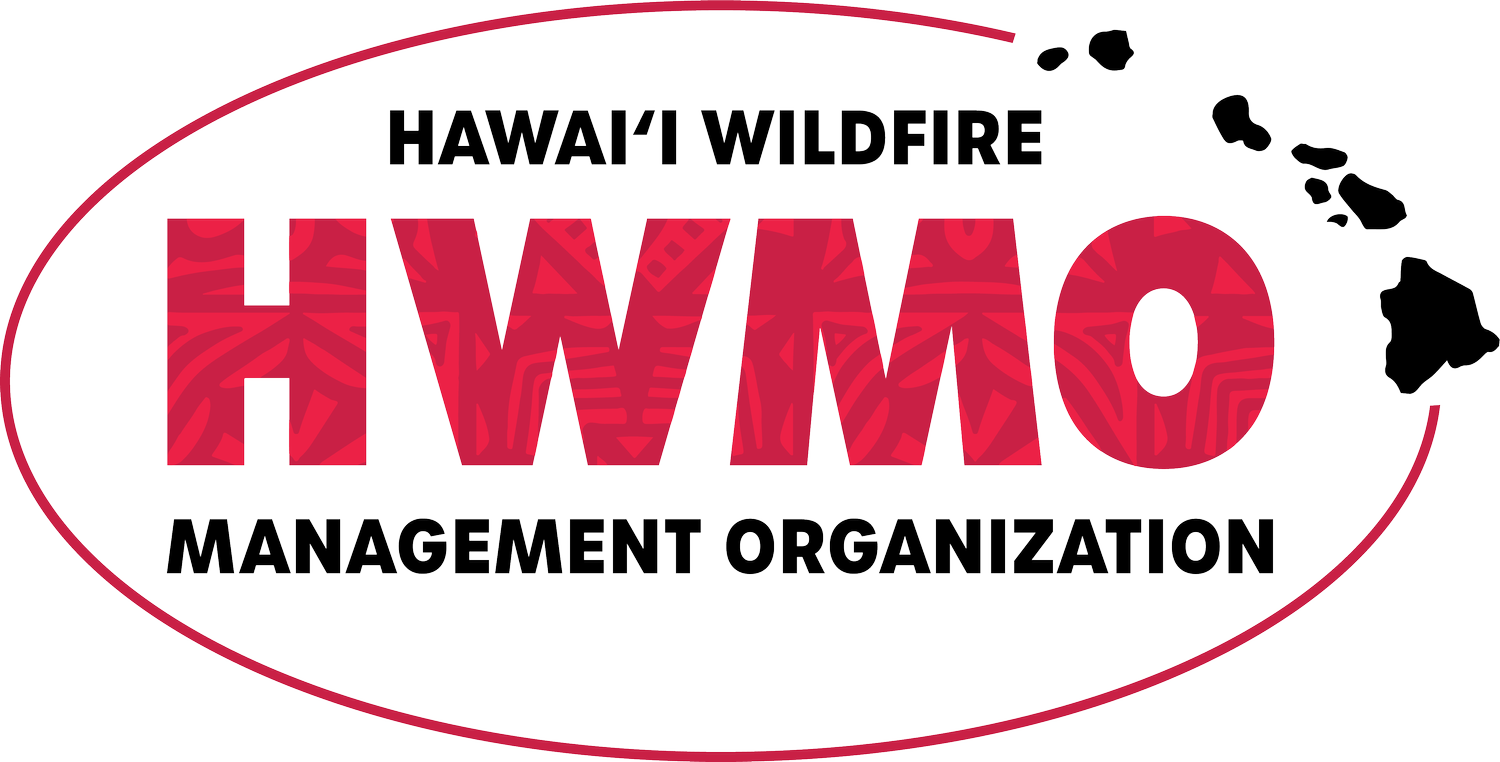From the Source:
For Hawaii, El Nino often translates into summer moisture followed by winter drought.
Drought conditions will be increasingly prevalent in the coming decades, said Clay Trauernicht, UH-Manoa wildland fire specialist and author of a study that examined how climate change will affect wildfires in Hawaii and tropical areas around the world.
The paper, published in Science of the Total Environment, not only discusses the effects of climate change on fire, but demonstrates how tracking rainfall patterns year to year can help better forecast near-term wildfire risk, including the danger that excess rainfall in advance of drought can pose to Hawaii’s vulnerable grasslands.
As for the current fire danger, Trauernicht said environmental conditions are quite similar right now to the period right before August, when a string of storms built up the fuel load and the drying islands were struck by a rash of wildland fires that burned nearly 30,000 acres.
Elizabeth Pickett, executive director of the Hawaii Wildfire Management Organization, said most people don’t realize the scale of Hawaii’s wildfire problem. Each year about 0.5 percent of Hawaii’s total land area burns, which is equal to or greater than the proportion burned of any other U.S. state, she said.
Pickett said 98 percent of wildfires are started by humans, most of them accidentally. People have to accept that we live in a fire-prone state and be extra careful to prevent fires, she said.
One common way to start a wildfire is from a spark or hot components of a motor vehicle. It’s the primary reason why Hawai‘i Volcanoes National Park closed Mauna Loa Road.
“By reducing the number of vehicles in high-risk areas, the park can mitigate the potential for a catastrophic event,” the park said.
Pickett said there are a number of simple things folks can do: Park cars on pavement and never on dry grass. Keep yards maintained and free of debris. Be careful with equipment that could spark. Practice family emergency plans.
More tips can be found at HawaiiWildfire.org/lookout.

